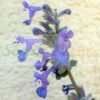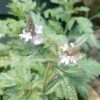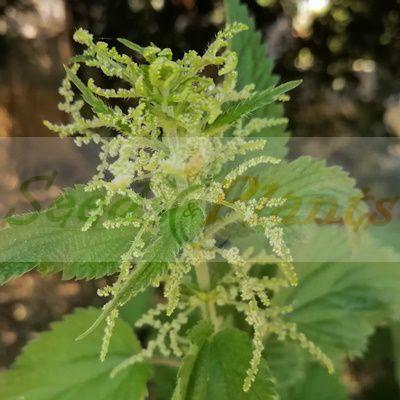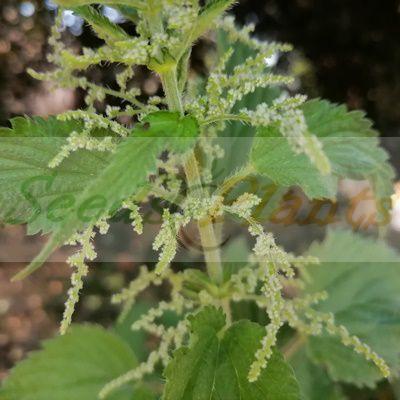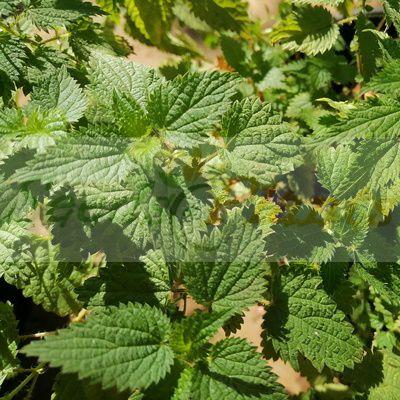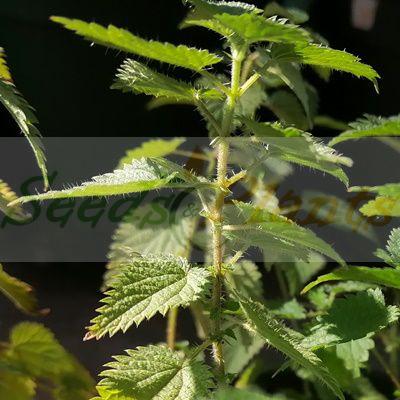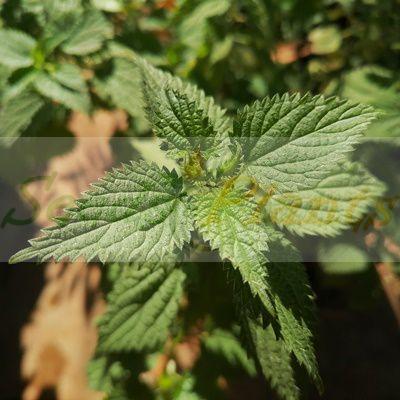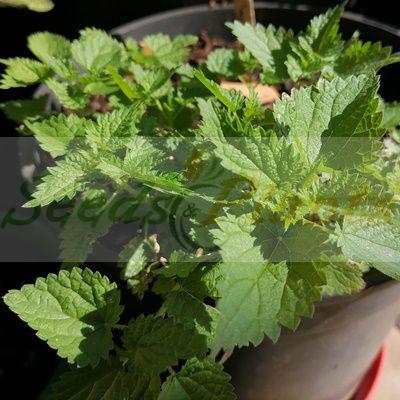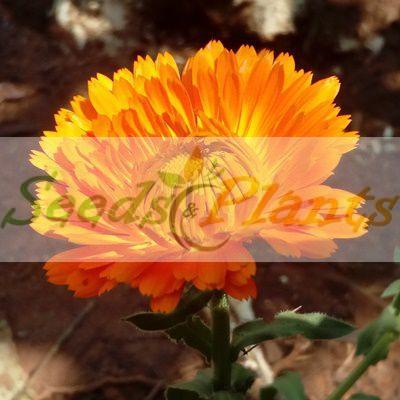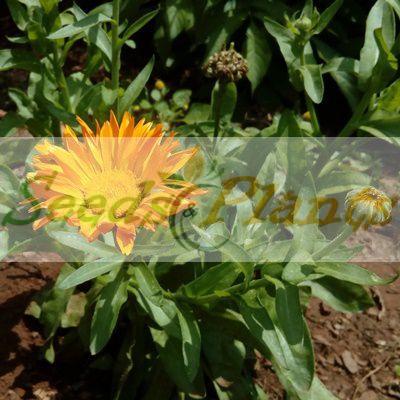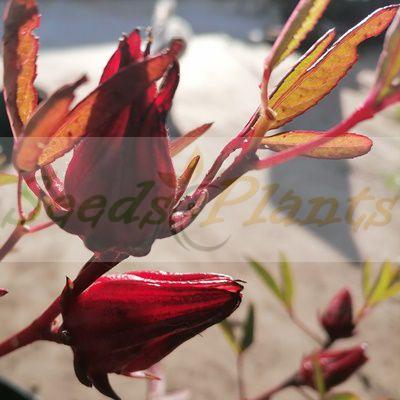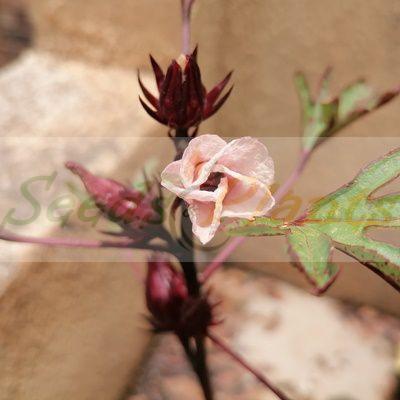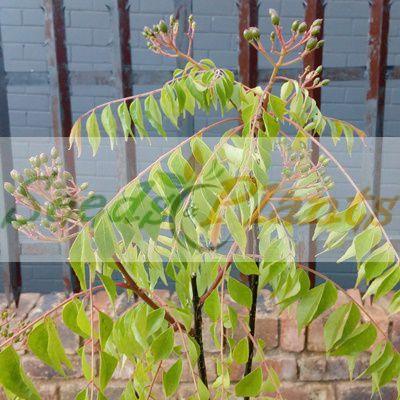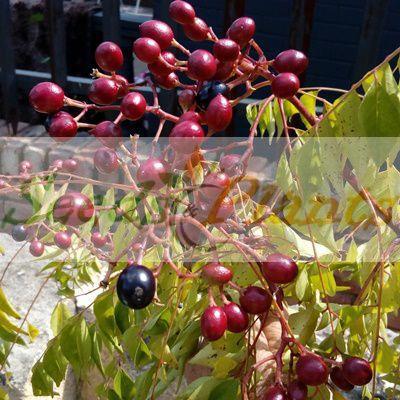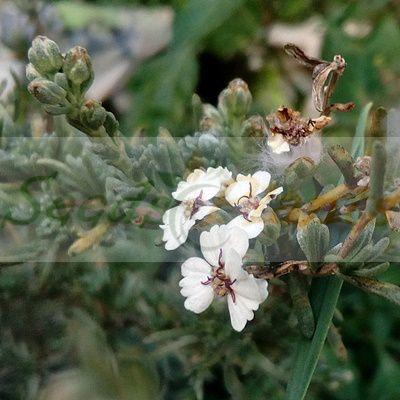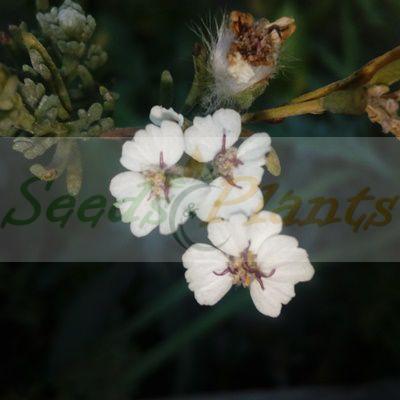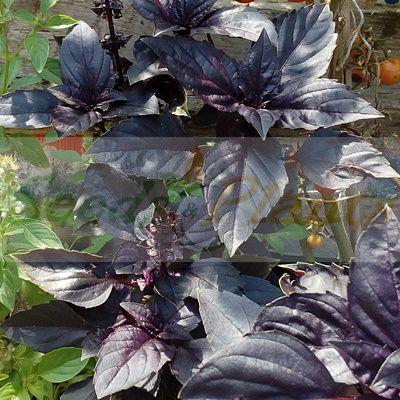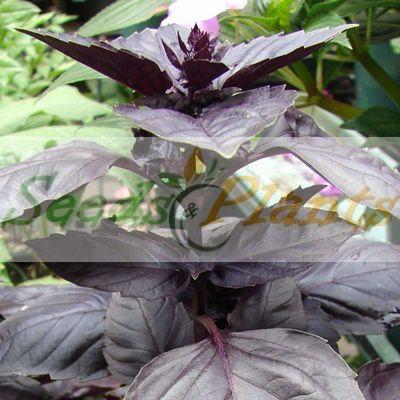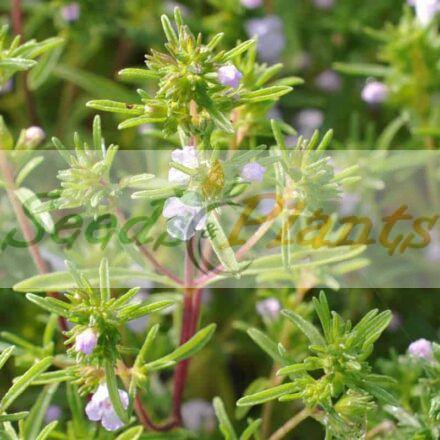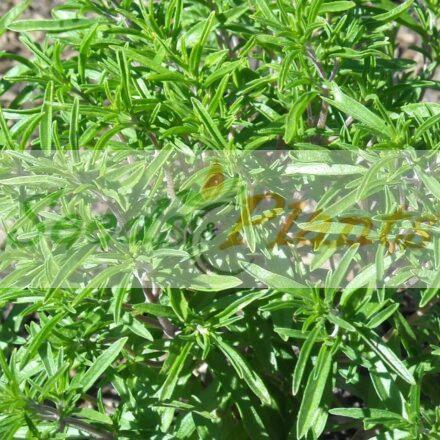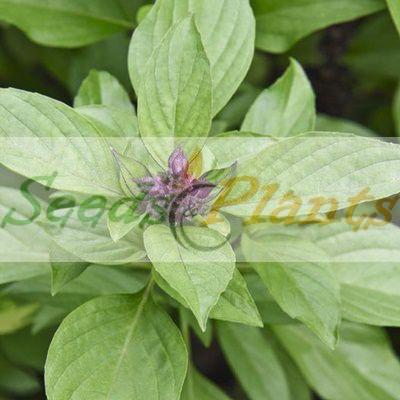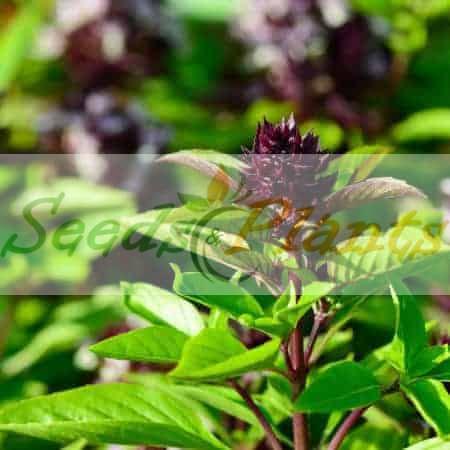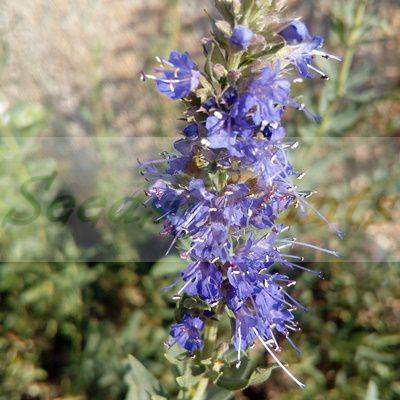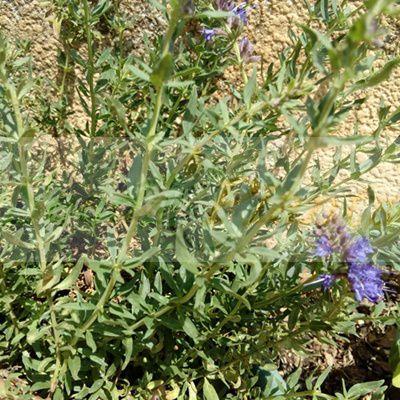🌿 Herbal Quick Facts
Medicinal Info
- 🌍 Origin / Region: Asia, Europe, North Africa
- 🌿 Medicinal Part: Leaf, Root, Stem
- 🍵 Herbal Preparation: Decoction, Extract / Tincture, Infusion / Tea, Juice, Ointments/Creams, Powder, Urtication
- ⚕️ Healing System: African Traditional Medicine, Ayurvedic System of Medicine, European Traditional Medicine
Culinary Info
- 🍽️ Culinary Use: Cooking, Curries, Porridge, Soups and Stews
- 🥗 Edible Part: Leaf, Sprigs
- 😋 Flavor Profile: Earthy
Growth Traits
- 🌱 Life Cycle: Perennial
- 🌾 Plant Type: Herbaceous Perennial
- 🦋 Pollinator Method: Attracts Butterflies, Attracts Lacewings, Attracts Ladybirds, Attracts Moths, Attracts Parasitic Wasps
- 🪴 Growth Habit: Spreading, Upright
- 🌸 Flower Color: Greenish-white
Growing Requirements
- 🌞 Sun Exposure: Partial Shade
- 💧 Water Needs: Regular Water
- ☀️ Growing Conditions: Cold Tolerant, Frost Tolerant, Low drought tolerance, Low Heat Tolerance
- 🟤 Soil Preference: Fertile, Moist, Rich Organic, Well-Drained
Stinging Nettle – 50 Seeds
(Urtica dioica)
R30.00
Stinging Nettle is well known for it’s medicinal and culinary uses. It has been grown, foraged, and harvested for thousands of years.
Common Names: Common nettle, stinging nettle and nettle leaf.
Indoor Sowing: Late Winter and Early Spring.
Direct Sowing: Spring.
Out of Stock
Email me when the product is back in stock.
🌿 Herbal Quick Facts
Medicinal Info
- 🌍 Origin / Region: Asia, Europe, North Africa
- 🌿 Medicinal Part: Leaf, Root, Stem
- 🍵 Herbal Preparation: Decoction, Extract / Tincture, Infusion / Tea, Juice, Ointments/Creams, Powder, Urtication
- ⚕️ Healing System: African Traditional Medicine, Ayurvedic System of Medicine, European Traditional Medicine
Culinary Info
- 🍽️ Culinary Use: Cooking, Curries, Porridge, Soups and Stews
- 🥗 Edible Part: Leaf, Sprigs
- 😋 Flavor Profile: Earthy
Growth Traits
- 🌱 Life Cycle: Perennial
- 🌾 Plant Type: Herbaceous Perennial
- 🦋 Pollinator Method: Attracts Butterflies, Attracts Lacewings, Attracts Ladybirds, Attracts Moths, Attracts Parasitic Wasps
- 🪴 Growth Habit: Spreading, Upright
- 🌸 Flower Color: Greenish-white
Growing Requirements
- 🌞 Sun Exposure: Partial Shade
- 💧 Water Needs: Regular Water
- ☀️ Growing Conditions: Cold Tolerant, Frost Tolerant, Low drought tolerance, Low Heat Tolerance
- 🟤 Soil Preference: Fertile, Moist, Rich Organic, Well-Drained
Urtica dioica, often known as common nettle, stinging nettle or nettle leaf, or just a nettle or stinger, is a dioecious herbaceous perennial flowering plant in the family Urticaceae. Male flowers and female flowers are generally borne on separate individual plants. Male flowers are often yellowish and Female flowers are generally greenish-white. The lifecycle of of the plant involves both sexual reproduction via seeds and asexual (vegetative) reproduction via its extensive rhizome system.
The plant has pointed leaves and can grow up to 2-4 meters tall. It is well known for it’s medicinal and culinary uses and has been grown, foraged, and harvested for thousands of years. Documented accounts of its use date as far back as 1200 BC, and its uses are widespread. Nettles are packed with nutrients. High in Vitamin C, Vitamin A, and full of calcium, magnesium, iron, and potassium, they are also a good source of protein.
Culinary Uses
- Used in soups and as a leafy green.
- Also used as a tea.
Medicinal Benefits
The root and above ground parts are used. It contains ingredients that might decrease swelling and increase urination. Stinging nettle is most commonly used for diabetes and osteoarthritis. It is also sometimes used for urinary tract infections (UTIs), kidney stones, enlarged prostate, hay fever, and other conditions.
Growing Stinging Nettle
Indoor Sowing: Late Winter and Early Spring.
Direct Sowing: Spring.
- Nettle does especially well on the edges of meadows, pastures, or streams where the soil stays moist but isn’t waterlogged.
- Surface sow seeds in flats in late winter or spring. Alternatively you can direct sow in Spring.
- Seeds are very tiny and require light for germination, so barely cover them with soil.
- Optimal soil temperature for germination is around 18-27°C.
- Keep soil moist until germination.
- Germination in about 14 -30 days.
- Transplant outdoors in early spring, as soon as the ground can be worked. Space seedlings about 8 inches apart.
Can this plant be used for culinary purposes?
Stinging Nettle is traditionally used in culinary applications, including cooking and the preparation of food and beverages.
Does this plant have medicinal uses?
Traditionally, parts of Stinging Nettle have been used in various healing systems. Seeds are sold for cultivation purposes only.
Disclaimer
Medicinal Information:
All medicinal information on this website is for educational and informational purposes only and may not be construed as medical advice. The information is not intended to replace medical advice or treatment offered by healthcare professionals.
Seeds, Plants, Plant Cuttings, Geophytes and Dried Herbs:
In some countries and provinces, certain plants are deemed as invasive and are not allowed to be planted at all, whilst some plants are allowed to be grown only in certain areas or provinces. The onus is on you as the buyer to familiarize yourself with the regulations pertaining to your location, before purchasing any of our seeds, plants, plant cuttings, geophytes or dried herbs. We will not be held liable, should you purchase any seeds, plants, plant cuttings, geophytes or dried herbs. from us which are prohibited in your country or province.

